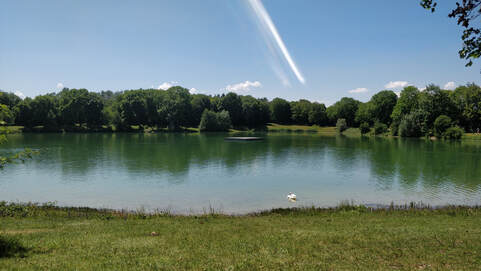With the upcoming deadline (31 May) for the next round of ESO Studentship applications, I would like to briefly outline my recent experience with this award over the last year. The ESO Studentship is designed to augment one or two years of your existing PhD candidature, facilitated at either the Garching offices or Chilean headquarters.

